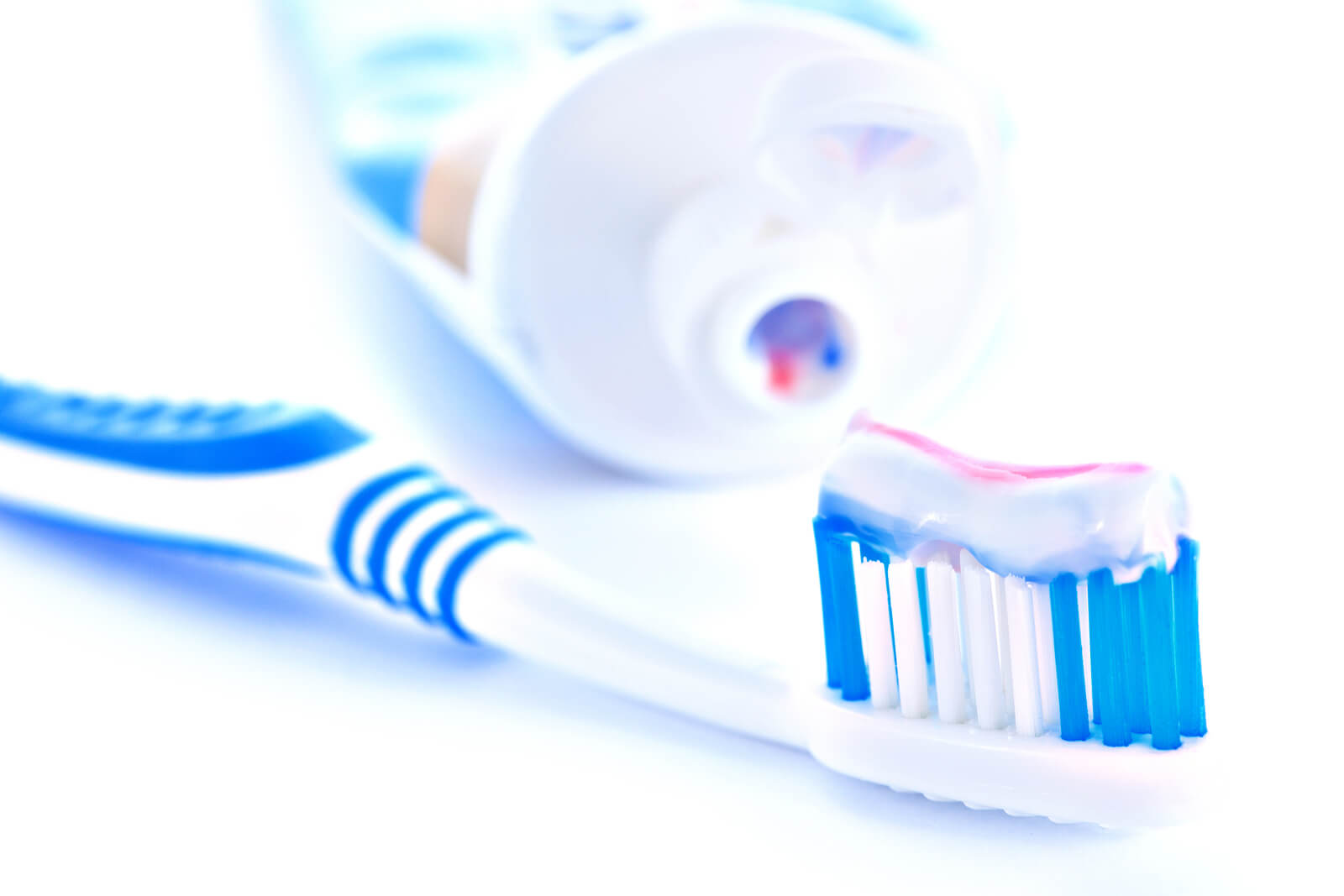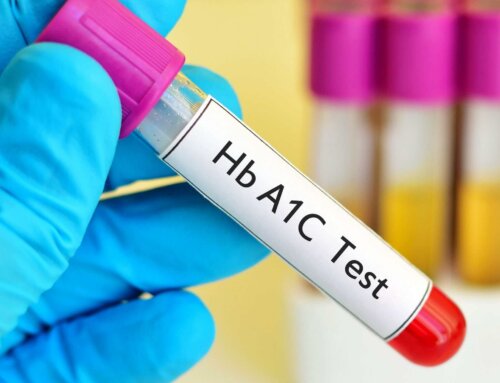The best way to avoid periodontal disease and tooth loss is prevention through proper dental health and mouth care. Believe it or not, periodontal disease can be considered a complication of diabetes. Diabetes lowers your body’s resistance to infection, leaving your gum tissue vulnerable to developing chronic bacterial infections.
Simple dental health tips to avoid this process:
- Visit your dentist on a routine basis. None of us enjoy visiting the dentist, but it is one of the most important things you can do to avoid periodontal disease. Depending on how fast tartar forms in your mouth, your dentist should decide on how many visits are reasonable for you each year.
- Try an electric toothbrush. Using an electric toothbrush is more beneficial than the old-fashioned manual type, since it rotates and oscillates more frequently. It also reaches the gum line where the plaque sits. There is a benefit in reducing plaque and gingivitis as well as reddened bleeding gums to avoid periodontal disease. Ask your dentist to recommend an electric toothbrush.
- Take care of your toothbrush. Always choose a soft head for your tooth brush, since stiff bristles can cause enamel erosion, tooth sensitivity and receding gums. The toothbrush head should be changed every three months due to normal wear and tear. If you have a cold or flu you should change the head after you recover, so that you do not risk exposing yourself to infection again. You should also wash the toothbrush with hot water and let it air dry several times a week to cut down on the number of germs. You should be brushing for two full minutes at a time.
- Consider using a “Complete” toothpaste. Most brands have a “complete” or “total” version of their toothpaste that includes tartar control and enamel protection. Brushing after every meal would offer you the best protection.
- Floss after meals. Flossing after meals is another positive step to maintain healthy gums. Most people prefer the waxed type of floss since it does not split and moves easily between the teeth. If your teeth are tightly spaced together then dental tape or plaque removers can be used.
- Soothe dry mouth. People with diabetes can get dry mouth and some products that help with this include over-the-counter products such as Biotene®. Biotene® is available as a tooth paste, mouth rinse and chewing gum. Avoid using mouth rinses that contain alcohol since it dries the mucus membranes. There are many mouth rinse brands that do not contain alcohol or sugar.
- Use a dental water jet. Another tip to reduce bacteria formation in the mouth is to use an oral irrigator or dental water jet (ex; Water-pik®) two to three times a week. Ask your dentist if you could benefit from using ¼ teaspoon of bleach in 8 ounces of water to reduce bad bacteria.
- Chew gum for 20 minutes after meals. Chewing sugar-free gum can increase flow of saliva, which may help prevent tooth decay and reduce plaque and gingivitis.
Easy steps can be taken to reduce the risk of developing periodontal disease, bone loss and eventual tooth loss. The medical research community is finding that people with periodontal disease are more likely to suffer from coronary artery disease. Always consult your dentist before changing or adopting a mouth care regimen.
Protect that great smile!













Leave A Comment